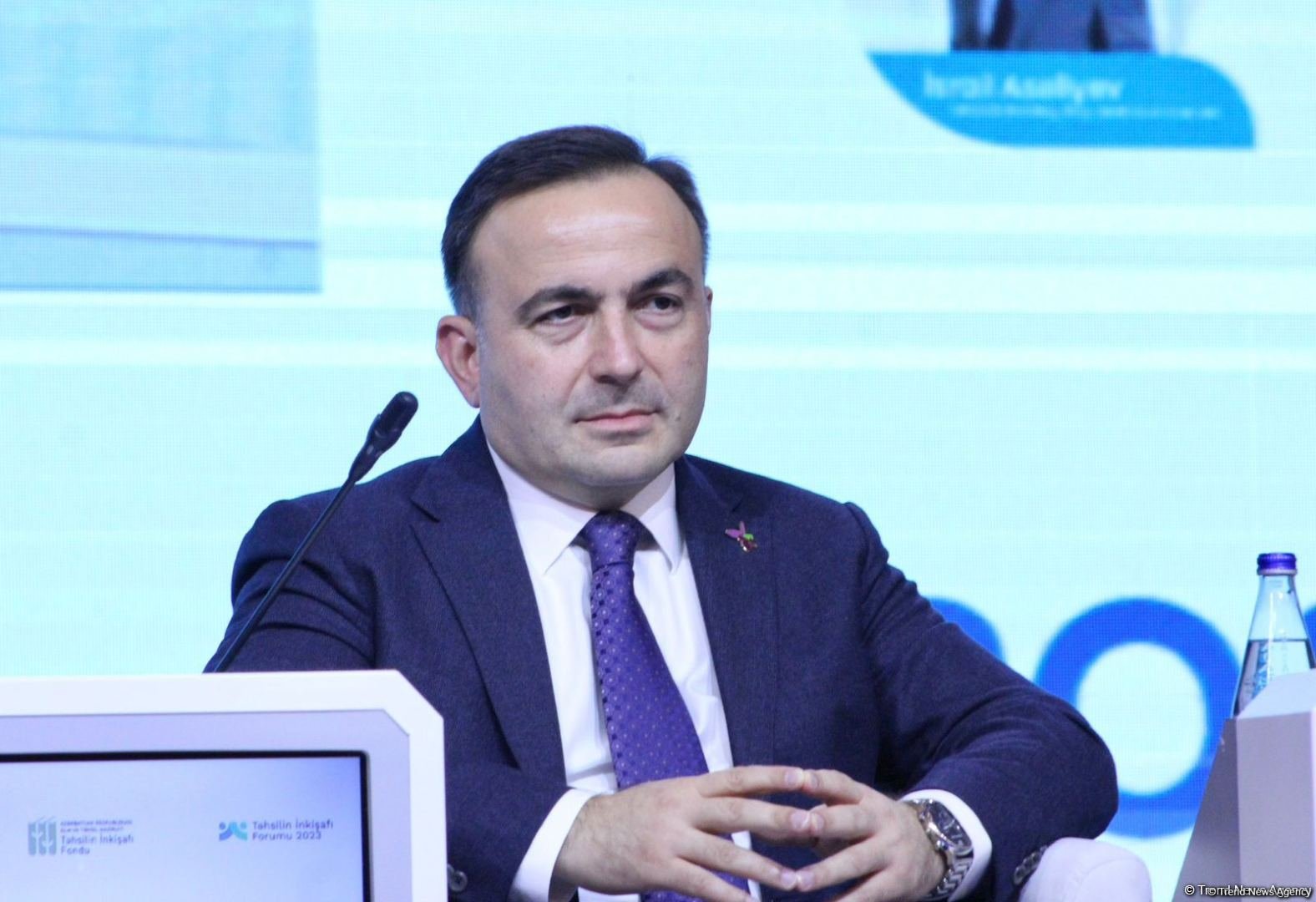BAKU, Azerbaijan, August 19. The future of the block of key fields in Azerbaijan - Azeri-Chirag-Gunashli (ACG) will develop in oil production (continuation of operations carried out since 1997) and natural gas production (NAG) both in shallow waters and from deep-lying ACG reservoirs, bp Vice President for the Caspian region, Communications and External Affairs Bakhtiyar Aslanbayli told Trend.
"The ACG oil, produced since 1997, will, in our opinion, continue to benefit Azerbaijan for many decades to come. We look to the future of ACG with the same enthusiasm as its remarkable 30-year journey since the signing of the 'Contract of the Century' in September 1994. This block forms the basis of our plans for the future," emphasized Aslanbayli.
According to him, bp (the operator of production) currently aims to maximize the extraction of recoverable reserves from ACG, and to achieve this goal, the company relies mainly on a wide range of innovative technologies used in the Caspian region.
"This year, we launched the largest 4D seismic high-resolution program on ACG conducted by bp, costing $370 million. This unique five-year seismic program focuses primarily on studying the 'Balakhany Suite' and the 'Fasila Suite' (productive reservoirs).
Over the 740 square kilometers of ACG area, five monitorings will be conducted over five years, which will allow us to better understand the reservoir-collector condition and ultimately address our goals for improving oil recovery at ACG.
We are pleased to announce that over 70 percent of the planned work under this 4D seismic program for this year has already been completed," Aslanbayli said.
Regarding oil production at ACG, he mentioned that bp places specific hopes on the seventh production platform, Azeri Central East (ACE), commissioned in April 2024.
"At ACE, oil is currently being produced from one well, yielding approximately 8,000 barrels per day. By the end of the year, we plan to drill two more production wells, which will increase production to 24,000 barrels per day in the current year," said the bp vice president.
He stressed that, from a technological and digitalization standpoint, ACE is bp's most advanced platform in the world.
"We are confident that ACE will contribute to sustainable and safe energy resource deliveries from the Caspian for many decades," Aslanbayli also said.
At its peak, ACE will yield 100,000 barrels of oil per day. Reaching this figure is planned within several years and will stabilize the decline in oil production at ACG.
Regarding the prospects for extracting natural gas from the ACG block, the bp vice president said that one well has already been successfully drilled from the Chirag platform to a deep reservoir on the southern flank of the ACG structure, allowing BP to be optimistic about the future of natural gas from deep layers of ACG.
Since 1997, when extracting oil from ACG, associated gas is automatically produced in connection with the geological production process, a small part of which is transported ashore and transferred to the State Oil Company of Azerbaijan (SOCAR), and the main volumes are injected back into the formations to enhance oil recovery.
In parallel, bp agreed with the government of Azerbaijan to establish natural gas production from the ACG, which is located at great depths in productive formations.
"Based on data analysis from the first well drilled to evaluate natural gas, we have already planned a second well to be drilled from the West Chirag platform in 2024. We hope to obtain more natural gas data from this second well.
In addition, this well will be transferred to the producing category (that is, it will be the first deep-gas ACG production well) in order to obtain natural gas from the ACG," Aslanbayli expalined.
The bp vice president clarified that the first gas from the deep-lying ACG reservoir will be received in 2025.
Since the start of production at the ACG (autumn 1997), about 591 million tons of oil and over 221 billion cubic meters of associated gas have been extracted from it.
"In September of this year, we will celebrate the 30th anniversary of the contract for the development of ACG. At our stand at the Caspian Oil & Gas exhibition in June 2024, we presented a 30-year history of successful development of ACG, which is a story of outstanding cooperation with Azerbaijan and wonderful achievements in the country’s energy industry," Aslanbayli added.
bp Exploration (Caspian Sea) Limited is the operator on behalf of the contractors under the ACG Production Sharing Agreement.
ACG ownership stakes: bp (30.37 percent), SOCAR (25 percent), MOL (9.57 percent), INPEX (9.31 percent), Equinor (7.27 percent), ExxonMobil (6.79 percent), TPAO (5.73 percent), ITOCHU (3.65 percent), and ONGCVidesh (2.31 percent).
The ACG contract expires in December 2049.







